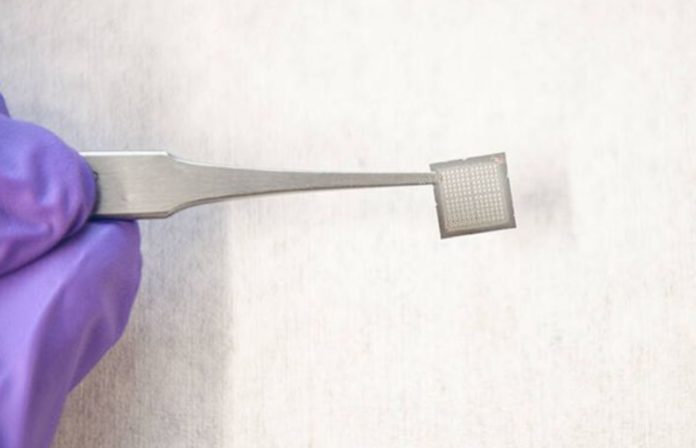A group of researchers from Perdue University in the United States have developed a novel chip that can be reprogrammed at a whim and functions similarly to the human brain.
This breakthrough could lead to the creation of new artificial intelligence with synthetic minds that can learn as we do throughout their lifetimes.
When we learn something new, our brain reorganizes and establishes new connections between its neurons in reaction to the new information. In the brains of machines, the spontaneous alteration of ‘hardware’ that occurs within our skulls does not occur.
Artificial brains are built for very specific functions, and their designs are so inflexible that they can’t be changed once they’re built. When it comes to artificial intelligence, rigidity means that when a machine learns something new, it focuses on it and forgets everything else. According to the experts, this poses a challenge for artificial intelligence that control autonomous cars or robots already in space. They claim that if AI could be incorporated directly into the hardware, these machines would be more efficient.
Companies such as IBM and Intel have invested millions of dollars in developing computers that think and learn like us, though for the time being, they have concentrated on simulating the functionality and connectivity of biological neurons. Researchers at Perdue University, on the other hand, have worked on the ‘hardware,’ and have developed new components for computer circuits that can be altered at will to produce artificial neurons, artificial synapses, and even memories.
“The brains of living beings can continuously learn throughout their lifespan. We have now created an artificial platform for machines to learn throughout their lifespan,” Shriram Ramanathan, a professor in Purdue University’s School of Materials Engineering and the leader of the team that made this discovery, says.
How did they manage to do it?
The ‘chip’ is made of nickel perovskite, a material that is particularly sensitive to hydrogen, according to the team’s work, which was just published in the journal Science. They claim that when varied voltages of electrical pulses are delivered to it, the concentration of hydrogen ions can alter in a matter of nanoseconds, creating states similar to those found in the brain.
When the device contains more hydrogen near its center, it can act as a neuron, according to the researchers. When there is less hydrogen at the same location, though, the device acts like a synapse, a connection between neurons that the brain utilizes to retain memories, among other things.
They also discovered that these devices are quite stable throughout laboratory tests. They claim that the hydrogen atoms stayed in place for at least six months without losing their power and that the hydrogen’s position adjustments worked reliably after millions of cycles.
AI with a human brain
They also discovered that by using this technology, an artificial neural network may generate dynamic structures that are more efficient than static networks at recognizing digits and patterns on an EKG. They’ve also demonstrated that as new problems develop, these dynamic networks may select the circuits that are best suited to solving those issues.
The team argues that current chip manufacturing technologies may be used to create these devices. It is now working on large-scale chips in order to build a computer that can learn and change in the same way that our brains do.
“If we want to build a computer or a machine that is inspired by the brain, then correspondingly, we want to have the ability to continuously program, reprogram and change the chip,” Professor Ramanathan says.
Source: 10.1126/science.abj7943
You were reading: This ‘chip’ makes machines learn like people
